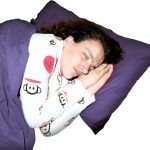
Rates of mental illness in adolescents with learning disabilities have been reported as higher than those expected in adolescents without learining disabilities. This study set out to look at the prevalence and predictors of mental health needs and service use in adolescents with learning disabilities. They researchers worked with a service-based sample of 75 young [read the full story…]








